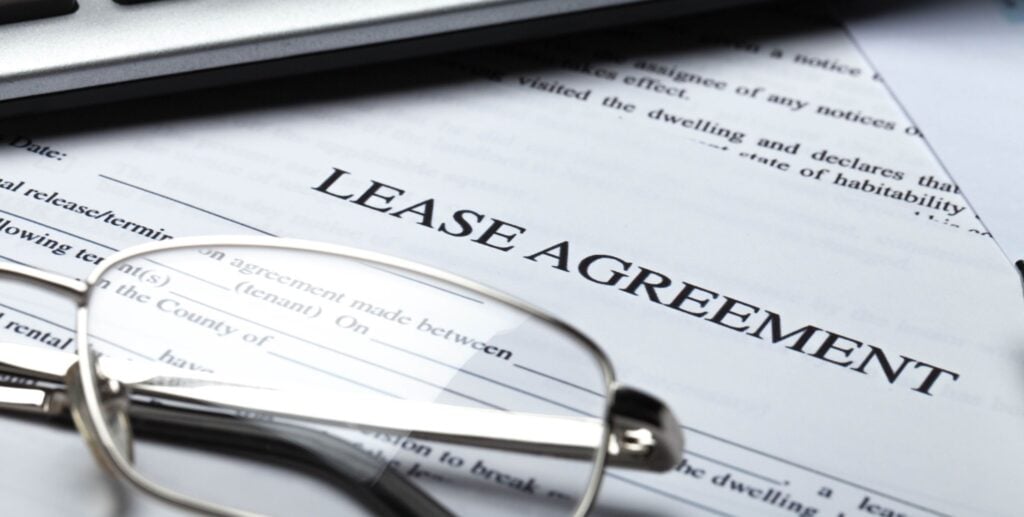Title: The Hidden Risks Lurking in Your Lease Agreement
Introduction
When renting an apartment or signing a lease for a commercial property, the focus is often on the excitement and potential of a new space. However, the intricacies of lease agreements, laden with legal jargon and fine print, can shield numerous hidden risks. These overlooked elements could transform what seems like an ideal lease into a potential liability. Understanding these risks and knowing what to look for can save you from unexpected financial and legal pitfalls.
- Automatic Renewal Clauses
Many lease agreements contain automatic renewal clauses that can unintentionally bind you to extending your lease term. Without proper notice of termination, tenants may find themselves unexpectedly committed to another lease period. It is essential to understand the renewal terms, including deadlines for giving notice if you intend to move out. Set reminders well ahead of these dates to avoid inadvertently extending your lease beyond your preferred duration.
- Maintenance and Repair Responsibilities
While it’s common to assume that landlords handle all maintenance and repairs, lease agreements can sometimes transfer significant responsibilities to tenants. Some agreements may dictate that tenants are responsible for minor repairs or maintenance of certain systems, such as HVAC units. Be clear on what you are expected to maintain, and negotiate terms if they seem unreasonable. It’s also vital to document the property’s condition at move-in to avoid being unfairly charged for pre-existing issues.
- Rent Escalation Clauses
Rent escalation clauses allow landlords to increase rent under specific circumstances, often tied to inflation or operating expenses. These clauses can be vague and unpredictable, making financial planning difficult if you’re not aware of potential cost increases. When reviewing a lease with an escalation clause, seek clarity on the conditions and limits of any rental increase. This knowledge will help you anticipate future costs and negotiate more manageable terms if necessary.
- Security Deposit Stipulations
The terms related to security deposits can also harbor hidden risks. Some landlords include clauses that allow them to withhold portions of the deposit for vague or broad reasons, such as “deep cleaning” or “excessive wear and tear.” It’s crucial to understand under what conditions deductions can be made from your security deposit and to have these clearly defined in your lease. Detailed documentation and photographic evidence of the property at move-in and move-out can also provide important protections against unfair charges.
- Use of Property Limitations
Many leases include specific use restrictions that might limit how you can utilize the rented space. For instance, a commercial lease might restrict certain business operations or modifications to the space. Residential leases might prohibit subletting or having pets on the premises. Understanding these restrictions before signing is essential to ensure that your intended use aligns with the lease’s stipulations.
- Termination Conditions and Fees
Early termination fees and conditions can present hidden financial risks. Some leases impose heavy penalties if you need to terminate your agreement early, whether due to unexpected personal circumstances or business downturns. Be sure to thoroughly comprehend the conditions around lease termination and consider negotiating more lenient terms if you foresee potential changes in your situation.
- Insurance Requirements
Lastly, some lease agreements require tenants to carry specific types of insurance. This could include renter’s insurance for residential leases or liability insurance for commercial spaces. Failure to comply with these requirements can lead to a breach of lease terms or unexpected expenditures if an incident occurs. Verify the insurance obligations and ensure that obtaining the required policies is feasible before committing to the lease.
Conclusion
Lease agreements are more than just a formality; they are legally binding documents that detail the relationship between landlords and tenants. Awareness of the hidden risks associated with these agreements is crucial to safeguarding yourself from unforeseen consequences. Careful review, understanding, and negotiation of lease terms can provide peace of mind and a positive leasing experience. Whether renting a home or a business space, taking the time to scrutinize the fine print can be one of the most beneficial decisions in your leasing journey.

